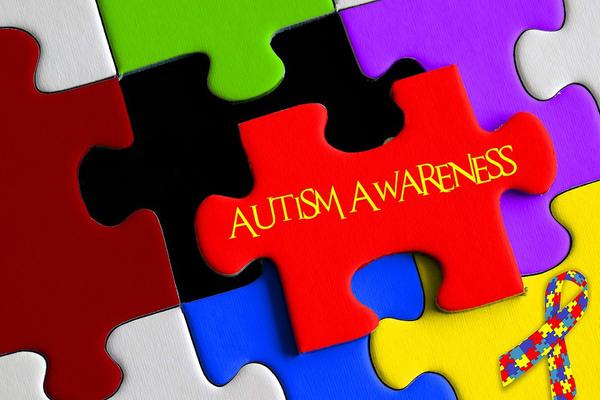
Bipolar disorder

Bipolar disorder is a condition affecting moods, the bipolar condition can mean that the sufferer swings from feeling depressed to feeling manic and happy. The highs and lows felt are extreme and can be stabilized with medication.
Bipolar disorder affects around 1 in every 100 adults with men and women equally likely to be affected.
Bipolar: manic episodes
During manic episodes sufferers often go on spending sprees borrowing money to fund it. Sufferers can be pulled into addictive habits such as gambling and buying lots of items that they don’t need. They might also start giving money away and being very generous when they can’t necessarily afford to or book holidays and take on large credit agreements for items such as cars.
Bipolar: depressed episodes
The manic episodes are followed by depression and lethargy, this can mean that sufferers are more likely to miss work and take time off sick. The knock-on effect being that debt can be difficult to pay off and repayments on loans get missed.
Enforcement and vulnerability: what needs to be considered
The first step to carrying out any ethical enforcement is to identify if the person you are dealing with is vulnerable. At Excel all our enforcement agents are trained to recognise vulnerability through our robust training program.
There are several signifiers that help our agents recognise vulnerability these include rapid speech, irritability, signs of drug or alcohol abuse, slurred speech, and signs of anxiety amongst others.
Once we have recognised that we are dealing with a vulnerable debtor we will ensure that we make our client aware that this is the case. We can then ensure we follow the correct guidelines and procedures and adhere to their vulnerability policy.
Useful links
Excel vulnerability training
At Excel we offer robust, accredited training on Vulnerability and Mental Health Awareness. Find out more in our Training section.




